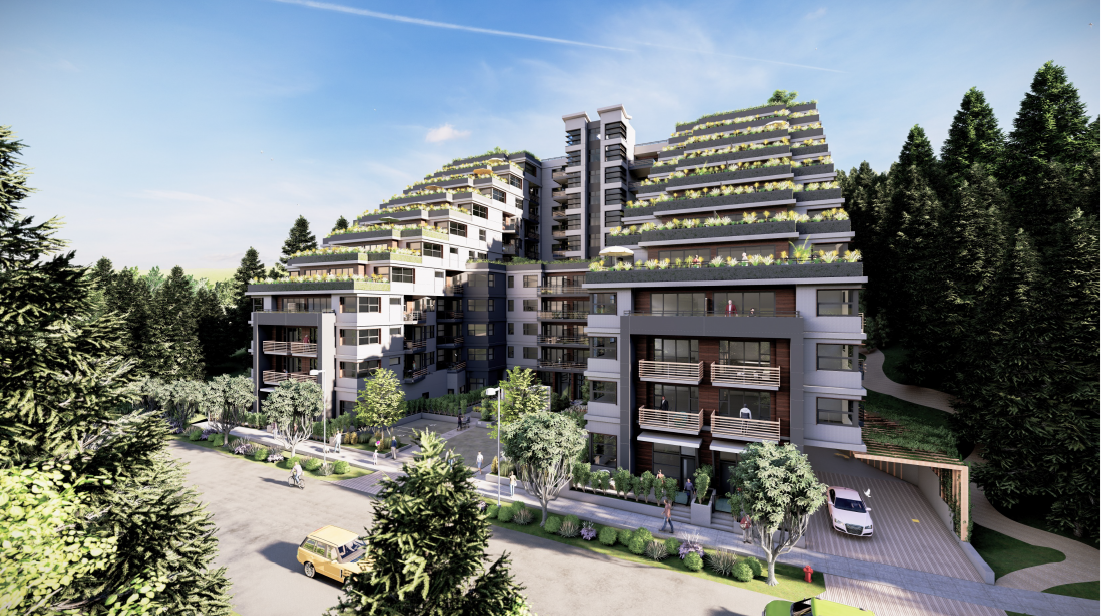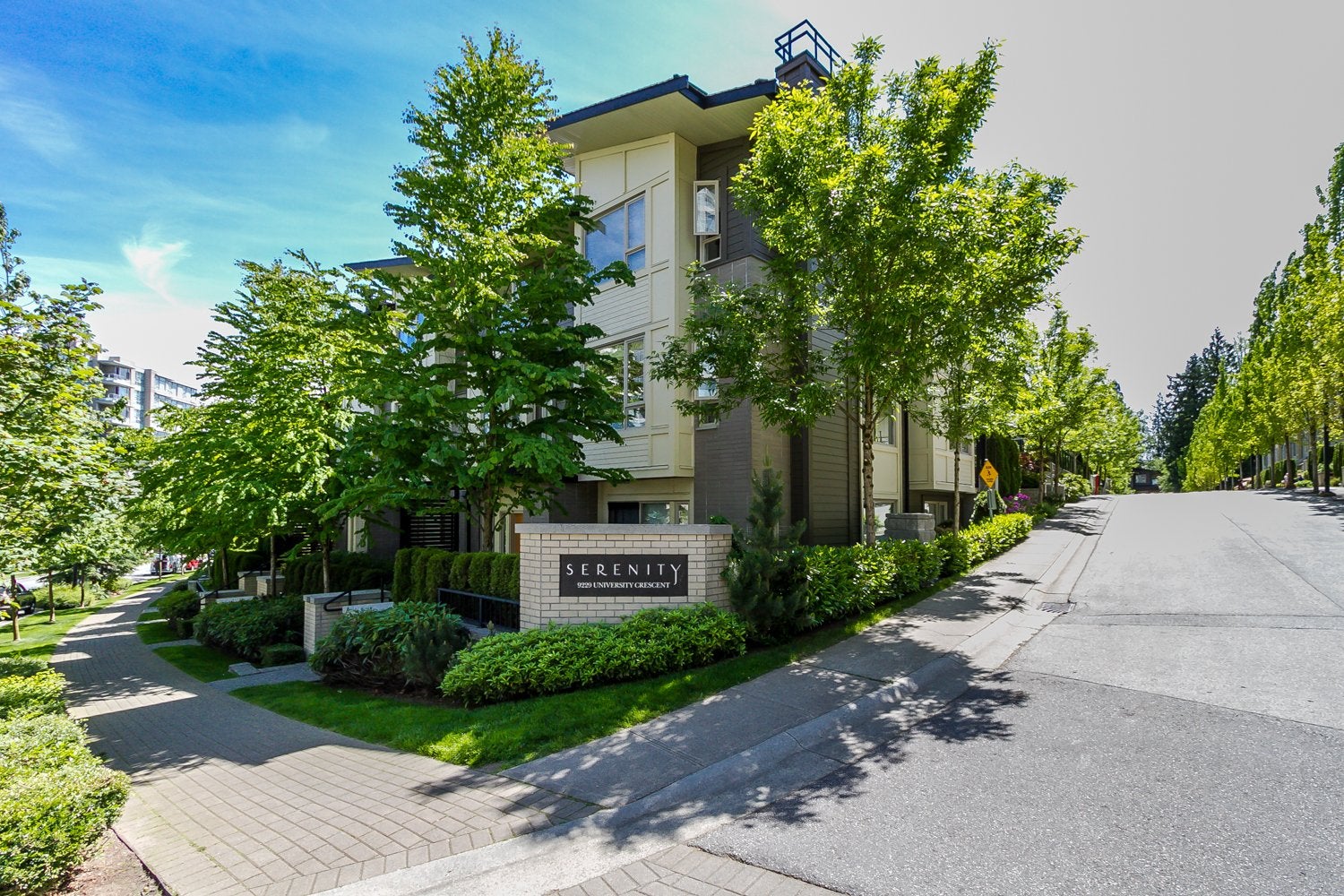Condominium living can be an appealing housing option. It’s often affordable and someone else handles much of the maintenance and repairs, such as shovelling snow and replacing the roof.
BOOK MARK THIS CMHC SITE FIRST

Many condominiums have enhanced security features over those found in single-family houses and offer a wide range of social, entertainment and recreational activities.
However, purchasers should be aware — before they buy — of the many issues and considerations surrounding the purchase of, and the lifestyle in, a condominium.
Condominium ownership is very different from owning a home under traditional fee simple tenure.
There are two types of Condos you can buy.
Pre-Sale and Re-Sale.
Buying a Pre-Sale
Many condominiums have enhanced security features over those found in single-family houses and offer a wide range of social, entertainment and recreational activities.
However, purchasers should be aware — before they buy — of the many issues and considerations surrounding the purchase of, and the lifestyle in, a condominium.
Condominium ownership is very different from owning a home under traditional fee simple tenure.
There are two types of Condos you can buy.
Pre-Sale and Re-Sale.
- Verify the unit’s floor area and boundaries and that your unit factor is reasonable.
- Find out if you can have changes made to the placement of walls, windows and doors and what the costs would be.
- Inquire whether the building and/or your unit will be accessible to someone with limited mobility.
- Find out if there are plans to reduce the ceiling height anywhere in the unit.
- Check how the units will be heated, cooled and ventilated and the location of heating and air-conditioning equipment, ventilators and hot water heaters.
- Ask the developer about noise- and odour-reduction measures, environmental features and options for suite finishes, cabinets and fixtures.
- Check with the developer and municipality about planned construction in the area.
- Be clear about what is and isn’t included in the purchase price so you can compare overall costs with other condominiums.
- Find out if your monthly condo fees are realistic, what they include, and when they’re likely to increase.
- Investigate whether there are any “hidden” costs, such as long-term leases on building fixtures, which will be passed along to owners.
- Check if the unit comes with a new home warranty and the extent of the warranty.
- Assess, as best you can, whether the project will be completed by the date in the purchase agreement before making moving and financing arrangements.
- Request a “disclosure statement” from the developer in jurisdictions where a developer must provide one before the sale agreement is binding.
- Find out if your purchase agreement allows the developer to extend the occupancy date and check your provincial or territorial homeowner protection legislation to learn your rights if your agreed-upon occupancy date is missed.
Buying a Re-Sale

REQUEST STRATA DOCUMENTATION
When you buy an Apartment/ Condo , your Realtor will REQUEST STRATA DOCUMENTS in your Contract of Purchase and Sale.
- In these documents , you will find out exactly where your unit’s boundaries lie (your Floor and Flow Plan) and if your unit factor is reasonable.
DEPRECIATION/ENGINEERING REPORTS
In the depreciation, Engineering reports and meetings, you will find out the following
- Any history of noise or other complaints
- All maintenance that’s been done & what is to come
- How effective and proactive the strata is and how often they meet
- All Red flags and potential issues
- Special Levies to fix building issues
FINANCIALS
- Review the corporation’s annual operating budget, end-of-year financial statements and the estoppel or status certificate.
- Be clear about what is and isn’t included in the purchase price so you can compare overall costs with other condominiums.
- Find out what your monthly condo fees include and when they are likely to increase.
- Ask your experts to verify that there’s enough money in the Contingency reserve fund to cover the cost of major repairs and renewal projects.
- Find out whether any special assessments are anticipated, what they are for, how much they might cost and when they will need to be paid.
- Investigate whether there are any “hidden” costs, such as long-term leases on building fixtures, which will be passed along to owners.
RELATED TOPICS
- What is a Contract of Purchase and Sale?
- What is a Contingency Reserve Fund?
- What is a Form B?
- Where can I find my Floor Plan ?
- What is a Special Levy?
MUNICIPAL/ MAINTAINANCE SERVICES
Keep in mind though, a risk of amenities is that this is something that the strata needs to cover and insure; therefore, the cost of maintaining a building with a pool and hot tub is often more than one without one.
- Ask what municipal services the condominium receives, such as garbage pickup and landscaping, snow removal, heat, a concierge, or utilities. You’ll want to know whether it’s all covered, or whether you can expect another bill so that you know the full cost of homeownership before you buy.
- Is gas included in the maintenance fees or are those costs separate.
STORAGE/STORAGE LOCKER
- Some condo buildings have storage lockers that are allocated to units. Check the sizes of these lockers first to see if they accommodate what you wish to store.
PARKING
Not all parking is the same.
- Where is your parking location and how many stalls are you entitled to.
- Are your stalls side by side if you have two stalls
- Are they full size or small car stalls so that if you drive a truck, you may have a hard time with finding accommodating parking.
- Are they on the same level as the storage locker
- How close is your parking to the elevators?
WARRANTY
- Check what new home warranty coverage remains on the unit, if any.
- Confirm that there are no legal actions against the condominium corporation.
INSPECTION
- Hire a home inspector to evaluate the condition of the unit you are thinking of buying, as well as the building as a whole.
- Consider having an indoor air quality inspection done to identify potential mold, airborne particulates, volatile organic compounds, poor ventilation and odors from other units.
- Consult the condominium’s technical audit and/or reserve fund study, if possible, to determine the condition of the building and common property.